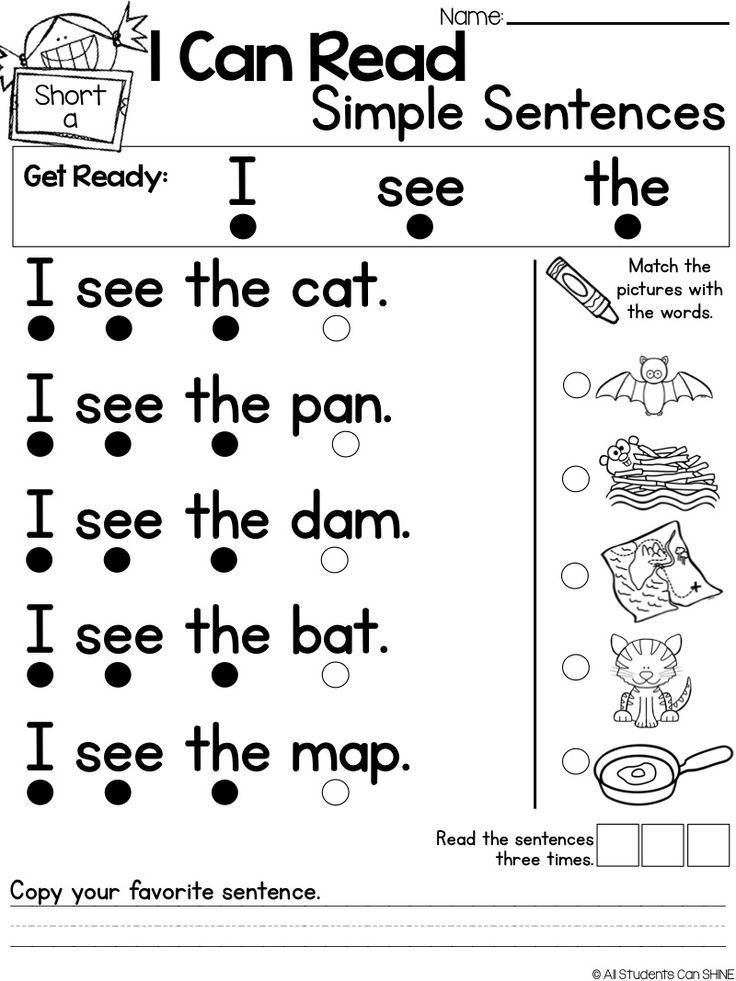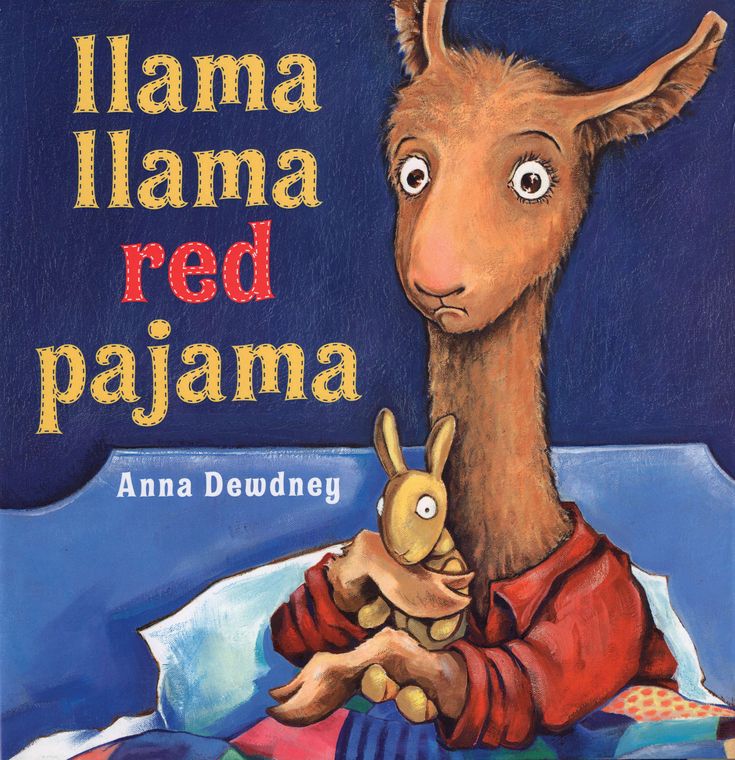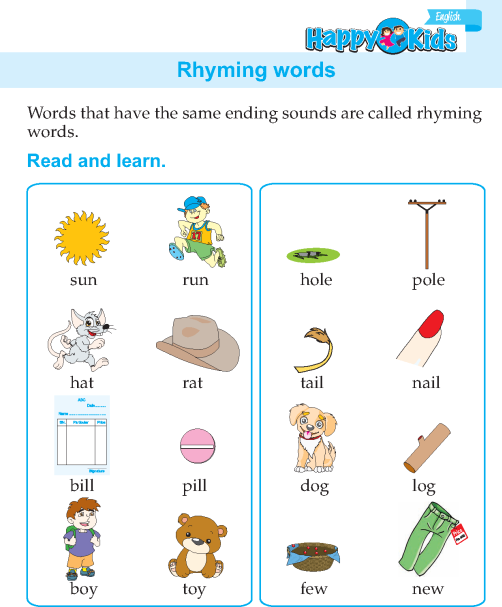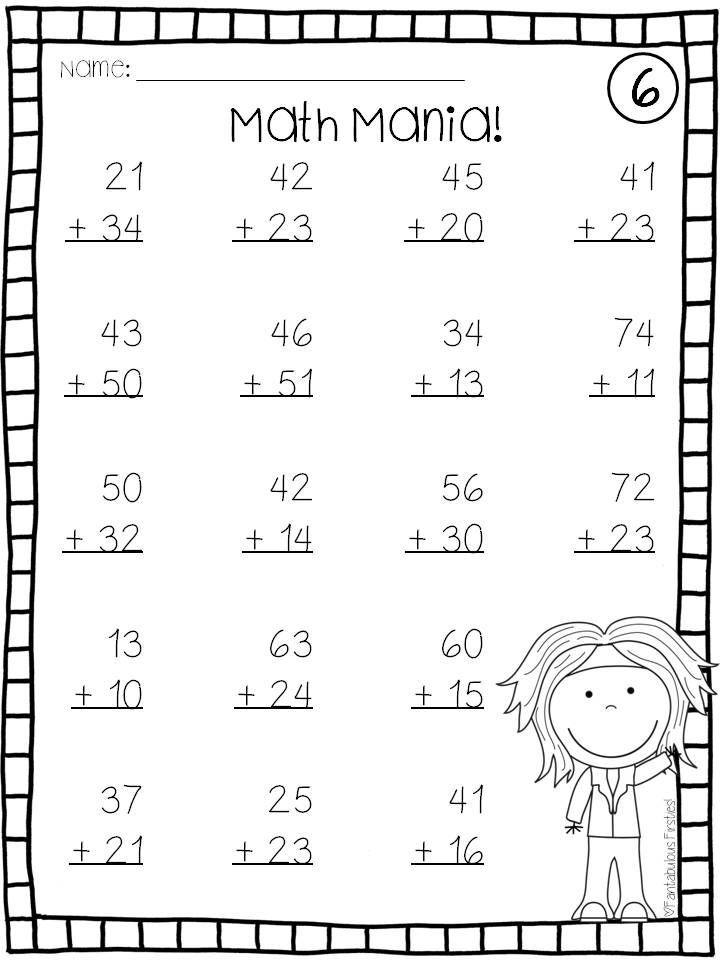Reading tips for preschool parents
Reading Tips for Parents of Preschoolers
By: Reading Rockets
Read early and read often. The early years are critical to developing a lifelong love of reading. It's never too early to begin reading to your child! The tips below offer some fun ways you can help your child become a happy and confident reader. Try a new tip each week. See what works best for your child.
These tips for parents of preschoolers are also available as a one-page handout to download and print.
Read together every day
Read to your child every day. Make this a warm and loving time when the two of you can cuddle close.
Give everything a name
Build your child's vocabulary by talking about interesting words and objects. For example, "Look at that airplane! Those are the wings of the plane. Why do you think they are called wings?"
Say how much you enjoy reading
Tell your child how much you enjoy reading with him or her. Talk about "story time" as the favorite part of your day.
Read with fun in your voice
Read to your child with humor and expression. Use different voices. Ham it up!
Know when to stop
Put the book away for awhile if your child loses interest or is having trouble paying attention.
Be interactive
Discuss what's happening in the book, point out things on the page, and ask questions.
Read it again and again
Go ahead and read your child's favorite book for the 100th time!
Talk about writing, too
Mention to your child how we read from left to right and how words are separated by spaces.
Point out print everywhere
Talk about the written words you see in the world around you. Ask your child to find a new word on each outing.
Get your child evaluated
Please be sure to see your child's pediatrician or teacher as soon as possible if you have concerns about your child's language development, hearing, or sight.
Reading tips in other languages
A downloadable handout, for parents of babies, toddlers, and children in preschool to grade 3, is available in the following languages:
Reading tips for parents of…
Reading Rockets (2021)
Reprints
You are welcome to print copies or republish materials for non-commercial use as long as credit is given to Reading Rockets and the author(s).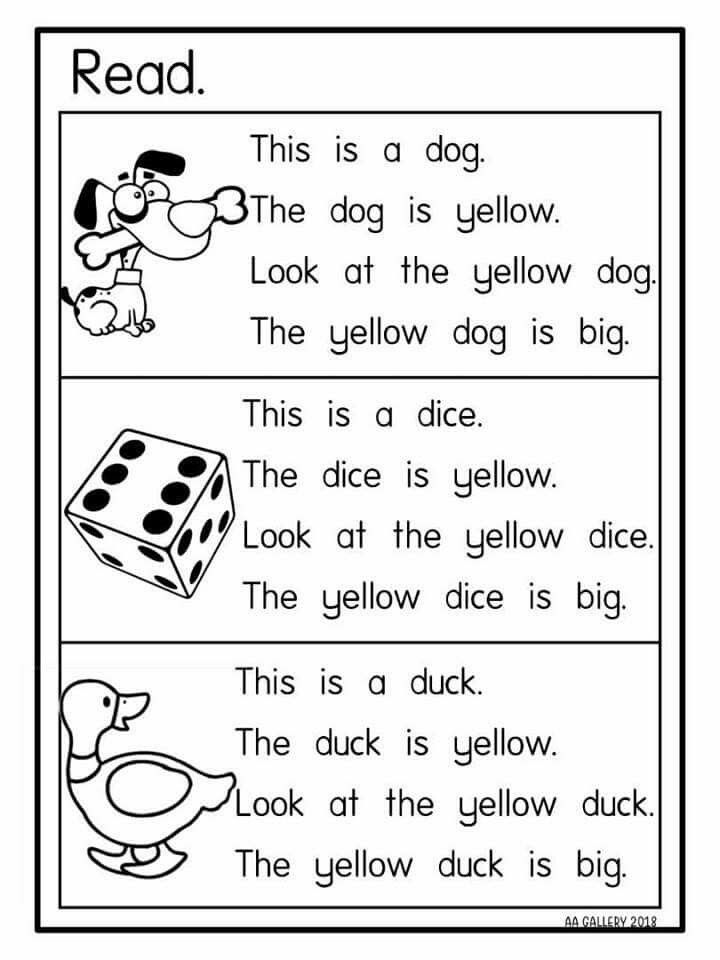 For commercial use, please contact [email protected]
For commercial use, please contact [email protected]
Related Topics
Early Literacy Development
Oral Language
Print Awareness
Reading Aloud
Vocabulary
New and Popular
Print-to-Speech and Speech-to-Print: Mapping Early Literacy
100 Children’s Authors and Illustrators Everyone Should Know
A New Model for Teaching High-Frequency Words
7 Great Ways to Encourage Your Child's Writing
Screening, Diagnosing, and Progress Monitoring for Fluency: The Details
Phonemic Activities for the Preschool or Elementary Classroom
Our Literacy Blogs
Teaching Reading to Students Who Experience Trauma
Kids and educational media
Meet Ali Kamanda and Jorge Redmond, authors of Black Boy, Black Boy: Celebrating the Power of You
Get Widget |
Subscribe
12 Tips for Parents to Boost Early Literacy for Young Children
Check out our early literacy tips to learn how to help your child develop a habit of reading.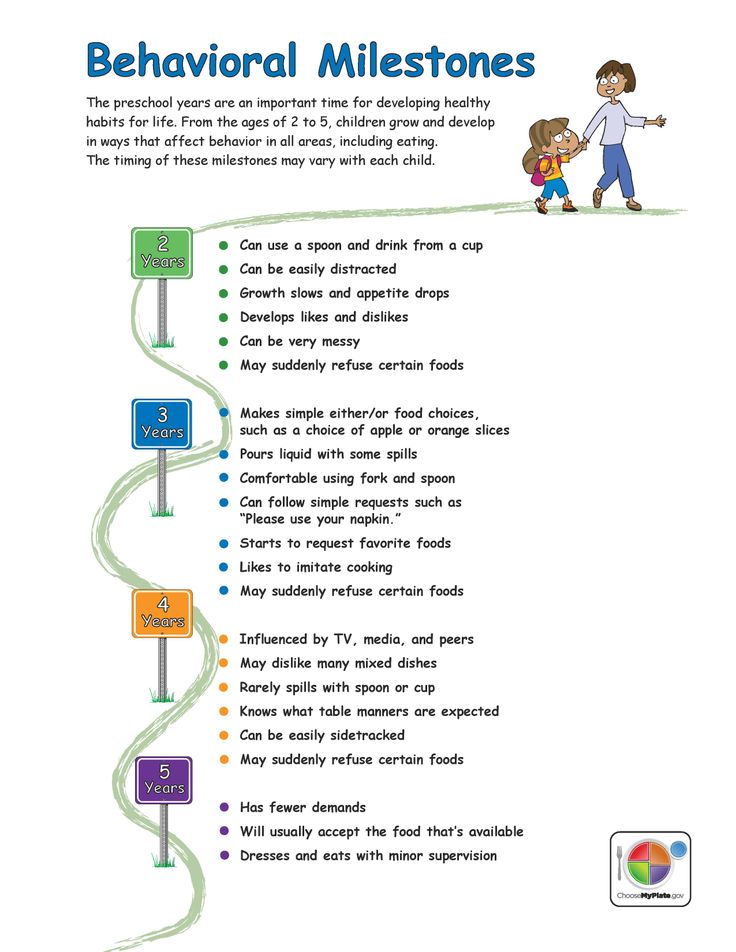
August 28, 2020
- Early Learning and Care
- Family Engagement
- Blog
- Resource
Through just this one simple act you are bonding with your child, inspiring a love of reading—and are helping her develop strong early language and literacy skills that will become the foundation for her future learning and success. In fact, studies show that reading aloud is a primary driver of young children’s early language development.
To help you and your child get the most out of your storytime, here are 12 early literacy tips from our early learning experts at Start Early and our Educare Chicago school:
- Start early. Reading to babies is important for healthy brain development and lays the foundation for language and writing skills.
- Make reading a part of your daily routine. Establishing a routine helps ensure that reading is part of your daily schedule, such as at naptime and bedtime.
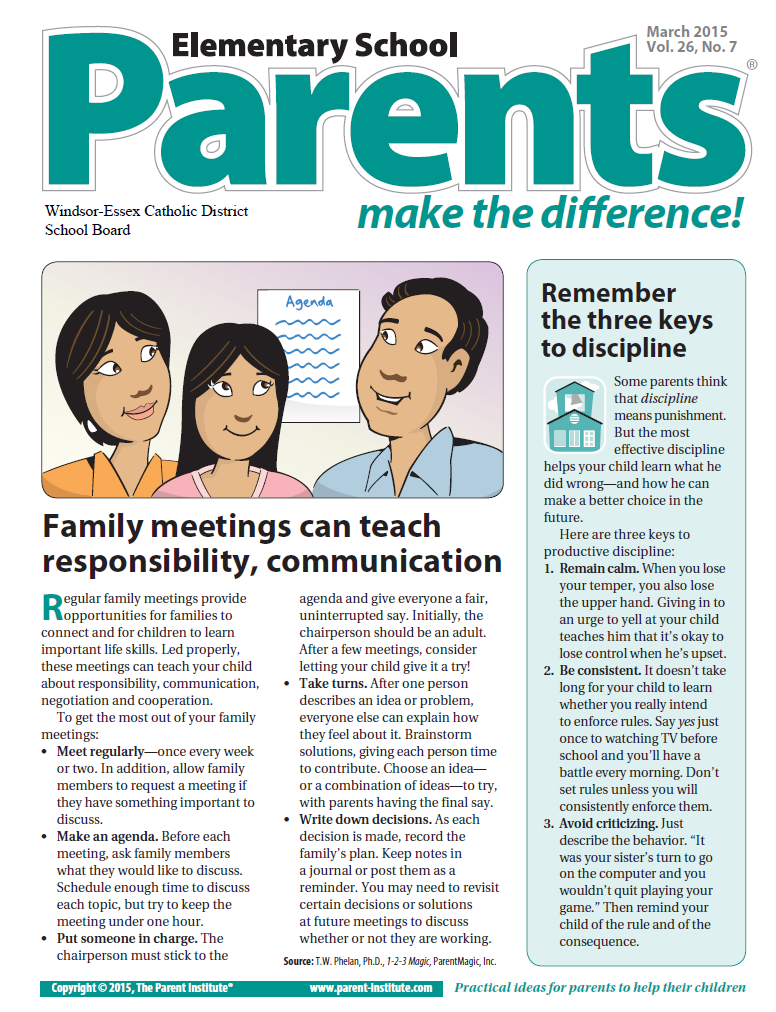 It also creates times during the day that both of you can look forward to.
It also creates times during the day that both of you can look forward to. - Try board and cloth books for babies. By age 1, babies can grab books. Board and cloth books are great options for babies who like to touch things and put everything in their mouths.
- Take turns with your toddler. By age 2, toddlers can hold a book and point at the pictures. Let your toddler turn the pages of a board book and respond to her when she points or reacts to the story.
- Ask your child questions. As you read to your child, make the experience interactive by asking him questions, such as “What do you think will happen next?” “What was your favorite part of the story? Why?”
- Reread your child’s favorite books. By age 3, children can complete sentences in familiar stories. Read her favorite books over and over to help her learn through repetition.
- Point out similar words. By age 4, children begin to recognize letters.
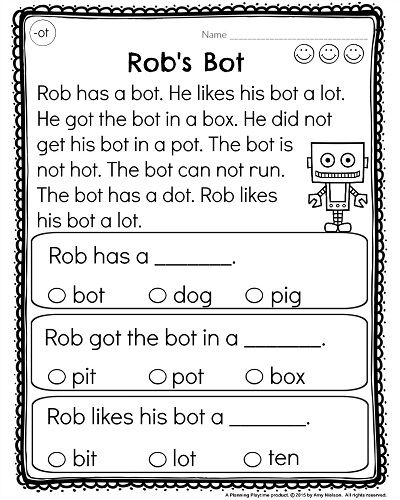 You can point out words in a book that begin with the same letter to your preschooler to help him become familiar with the letter and begin to associate certain words with that letter.
You can point out words in a book that begin with the same letter to your preschooler to help him become familiar with the letter and begin to associate certain words with that letter. - Count objects on the page. As you read to your child, count objects on the page together to help her also strengthen her early math skills.
- Have your preschooler tell you the story. By age 5, children can sit still for longer books and can create their own stories based on the pictures. Ask your preschooler to tell you the basic plot of the book or to make up stories based on what he sees on each page.
- Read with passion! Using inflection and maintaining the same highs and lows in your voice at the same point in a story helps your child begin to remember the words.
- Set an example. Let your child see you reading your books to help her develop her own love of reading.
- Just keep reading. Reading to your child helps him develop a habit of listening to stories and loving books.
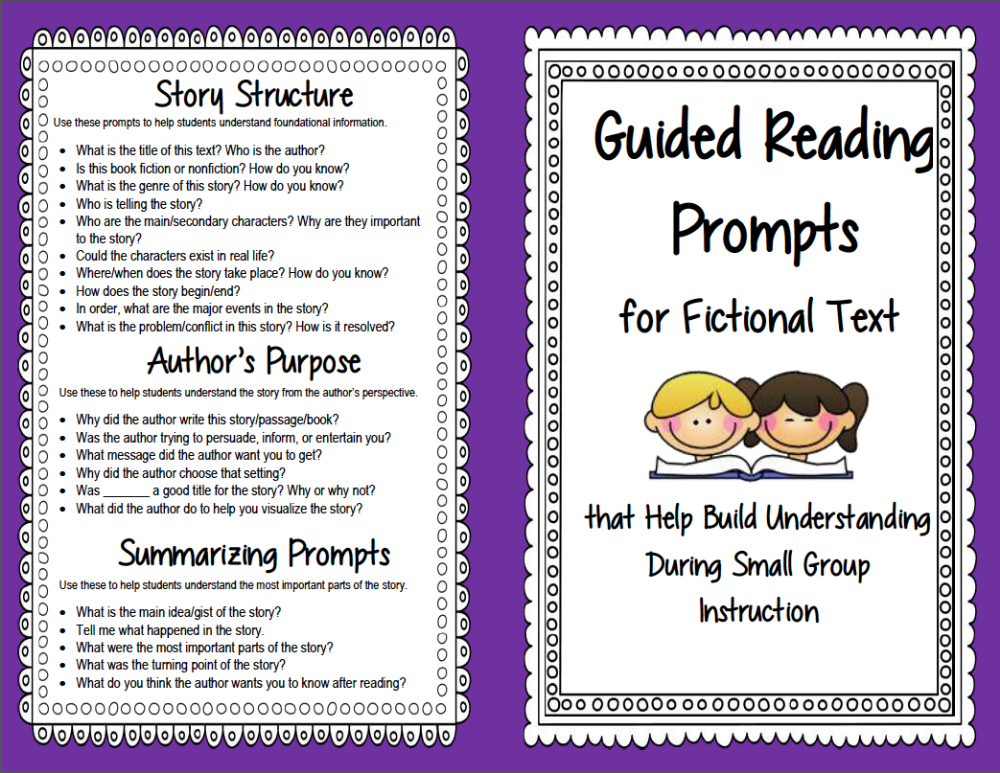 One the most important pieces of advice is to make sure you are reading to him early and often.
One the most important pieces of advice is to make sure you are reading to him early and often.
No matter how old your child is — from babies to toddlers to preschoolers — these tips will help you capitalize on this valuable time with your child, making reading a fun, educational and memorable experience for both of you.
Tips for parents.
Page updated on 03/12/2020
- Teach your children about the value of reading. Show the connection of reading with their success in school and other activities. Give examples of the book's positive impact on your own life or the lives of others.
- Draw the children's attention to the statements of prominent people about reading. Do not miss the facts confirming the role of reading in the life of those who are authoritative for the student: athletes, actors, TV stars. Raise the prestige of books and reading in the child's mind. nine0008
- If your child reads in his spare time from school, ask what kind of book is in his hands.
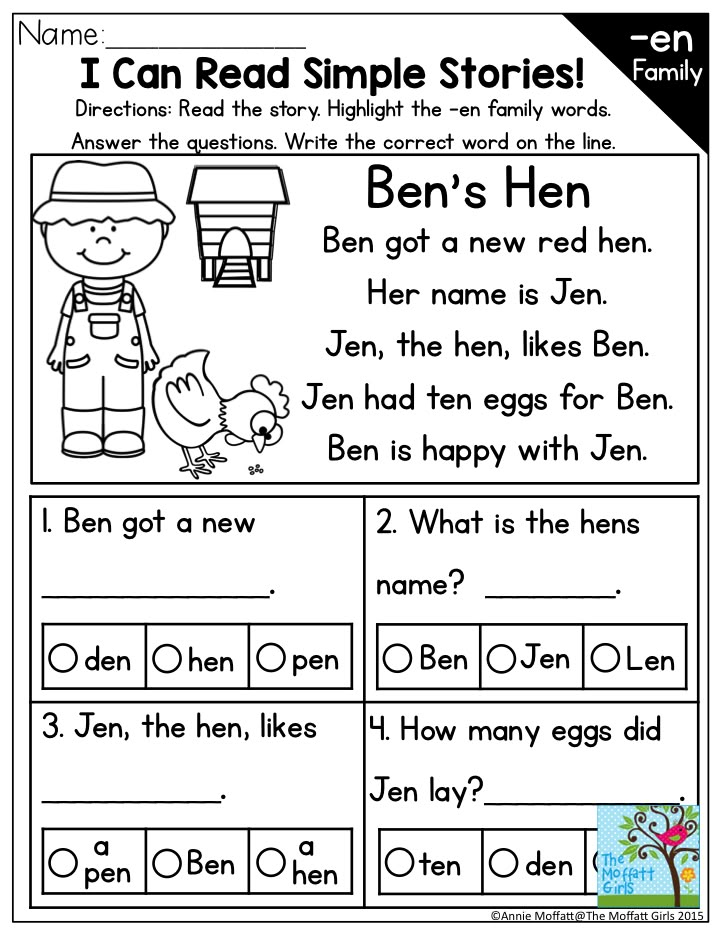 Look into it. If, in your opinion, the book is inhumane, discuss it with the child, evaluate it from the standpoint of good and evil, offer him a good book.
Look into it. If, in your opinion, the book is inhumane, discuss it with the child, evaluate it from the standpoint of good and evil, offer him a good book. - If your child is just taking his first steps into the world of reading, rejoice in every word he reads as a victory. Do not draw his attention to reading errors. Do it discreetly. Take only suitable books for the first readings - bright, with large print, where there are a lot of pictures and a plot that is interesting to follow. nine0008
- Encourage your child to visit the library and its activities. Take it with you when you go to the library yourself. Learn to use its funds and reference apparatus. Consult with a librarian in choosing books for your child. Trust his expert advice.
- Subscribe to magazines for your child (in his name!) based on his interests and hobbies. Let the child together with you choose the desired magazine or newspaper from the Rospechat catalog. He will read more readily the periodicals chosen by himself.
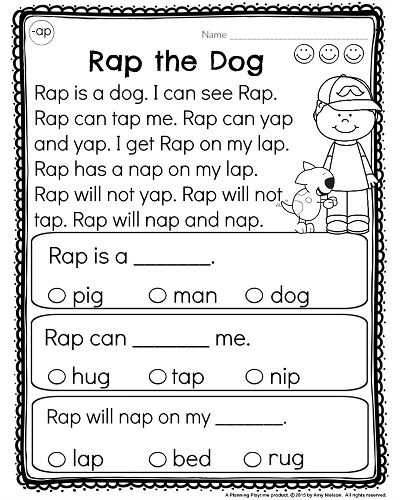 nine0008
nine0008 - Enjoy reading yourself and develop in your children an attitude towards reading as a pleasure.
- Let the children see how you enjoy reading yourself: quote, laugh, memorize passages, share what you read, etc.
- Show that you value reading by buying books, giving them yourself and receiving them as gifts. Let the children choose their own books and magazines (from the library, bookstore, etc.).
- In a conspicuous place, hang a list that will reflect the progress of the child in reading (how many books have been read, and for how long). nine0008
- Set aside a special place for reading at home (nook with shelves, etc.).
- There should be a children's library in the house.
- Collect books on topics that will inspire children to read more about the topic (such as books about dinosaurs or space travel).
- Invite the children to read the book the movie is based on before or after watching the movie.
- Take turns reading stories or funny stories to each other.
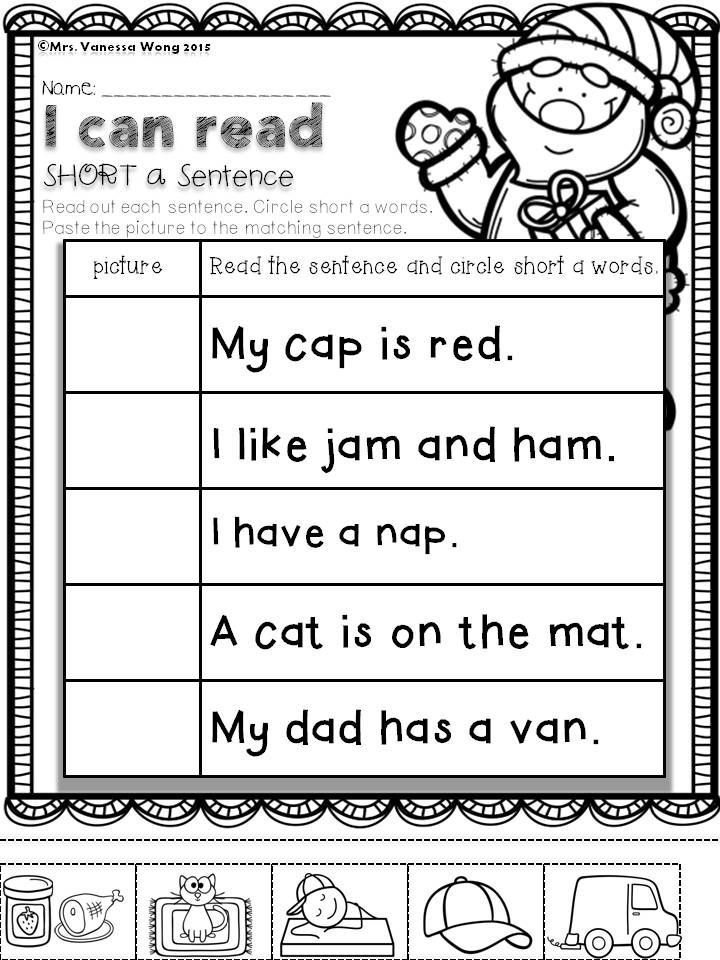 Entertain yourself instead of watching TV. nine0008
Entertain yourself instead of watching TV. nine0008 - Encourage your child to make friends with children who love to read.
- Solve crossword puzzles with children and give them to them.
- Encourage children to read aloud whenever possible to develop their skill and self-confidence.
- Ask your children often about the books they read.
- Encourage reading of any type of periodical material, even horoscopes, comics, TV series reviews - let the children read anything!
- It is better for children to read short stories than long stories: then they get a sense of completeness and satisfaction. nine0008
- Let the children read in bed every night before going to sleep.
Recommendations for parents when reading books at home. | Consultation (younger group) on the topic:
Recommendations for parents when reading books to children.
Only in alliance with parents, it is possible to harmoniously, effectively introduce children to reading.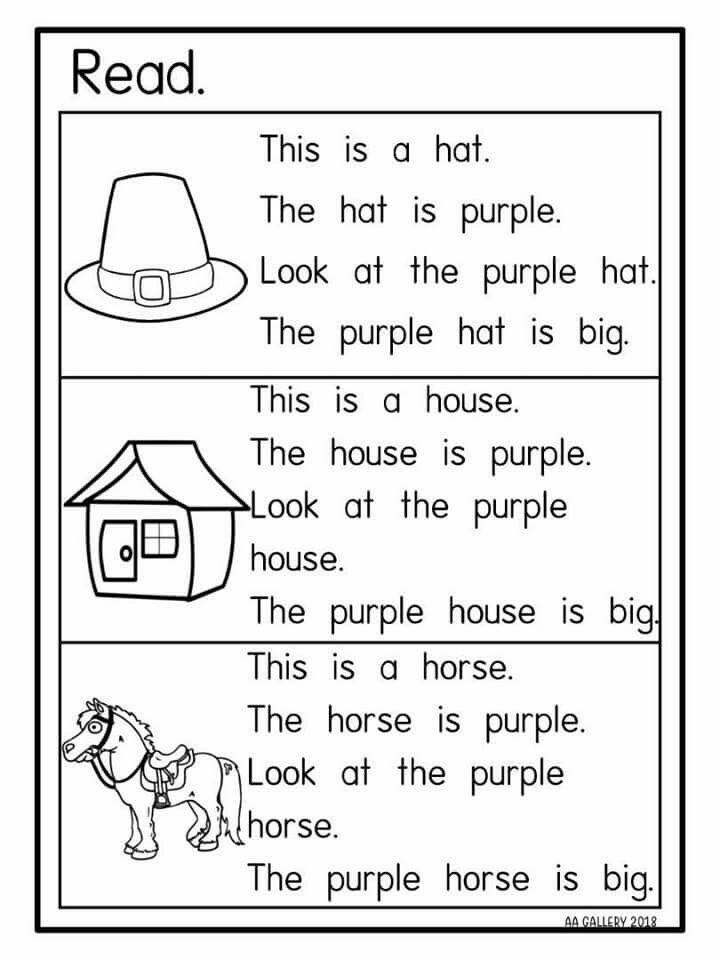 The forgotten and lost tradition of family reading should return to our homes - common reading of books, communication in three: an adult, a child and a book. nine0003
The forgotten and lost tradition of family reading should return to our homes - common reading of books, communication in three: an adult, a child and a book. nine0003
No matter how undeniable the role of libraries and educators in the initial introduction of children to reading, the first and main leader of reading is the family.
Teach children to read based on their interests. A child who has been taught to read forcibly is reluctant to use this skill.
Play more with your children. The path to literacy lies through games of sounds and letters.
Tell stories to children. Even “very big” guys (we often say “You are already big” to a seven-year-old child) are very fond of a song, a bedtime story. It calms them down and helps relieve stress. nine0003
Have family readings more often. Reading aloud is even more interesting for older children than for younger ones.
Read for yourself, let the child see that mom and dad spend their free time not only watching TV.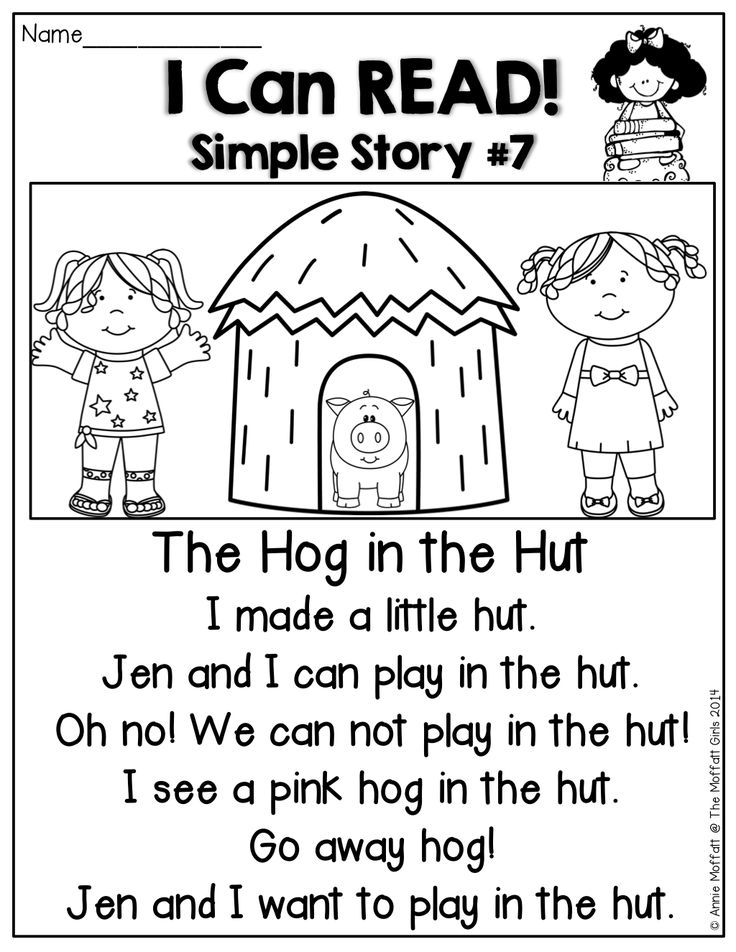
There are things that it is better for children not to hear and not to know: for example, parents' disputes on everyday topics, etc. But children must hear disputes between father and mother about a book they have read.
Do not rush to answer children's questions, it is better to advise you to look for answers in books on your own. nine0003
Collect various dictionaries at home: explanatory, spelling, encyclopedic, etc. Develop in your child the habit of using dictionaries and working with them.
Try to buy and give good books to children, always with an inscription. Pay attention to what your son or daughter is reading.
Together with your child, create a library for him so that it contains different books, and not just, for example, fantasy and adventure.
Rules to be reckoned with in order to teach a child to read. nine0003
Read aloud to your child from a very young age, even if he is 10 years old.
· The child does not want to read aloud because it is difficult.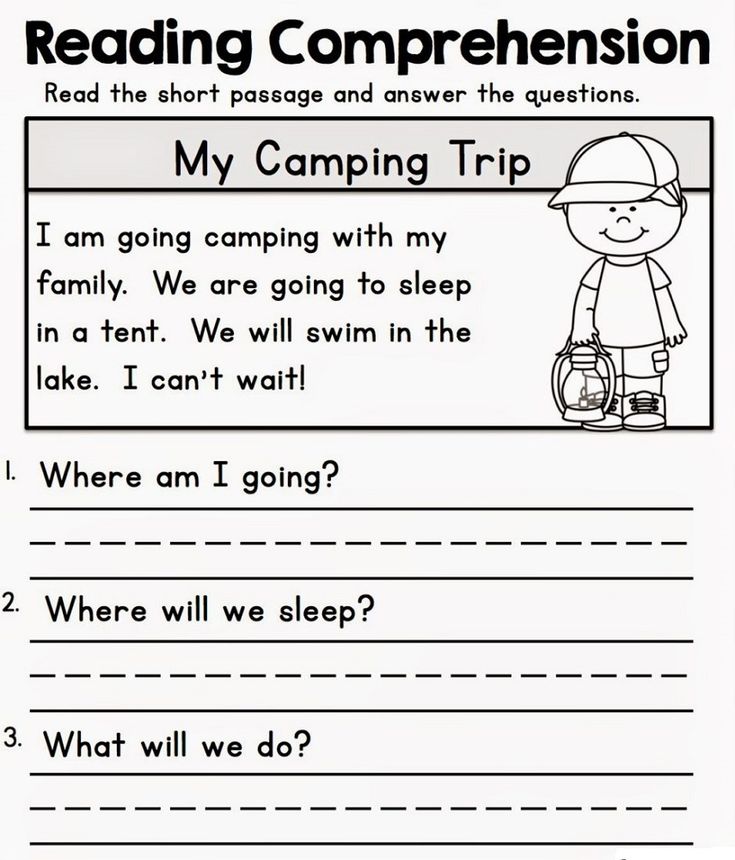 When reading aloud, thinking, memory, speech, perception, fantasy, auditory and visual analyzers work, the apparatus of semantic information processing is actively operating.
When reading aloud, thinking, memory, speech, perception, fantasy, auditory and visual analyzers work, the apparatus of semantic information processing is actively operating.
Find out your child's inclinations, what he likes. You give him a chic book of fairy tales, and he liked the most nondescript, with poor printing, a book of riddles or origami. nine0003
· Does not want to read because he is afraid that he will not turn out the way his mother or father or teacher wanted.
Buy books, give books, get them as gifts. “A book is the best gift” - this phrase is very relevant and popular now.
· Leave printed materials wherever possible, where the child will see them, even if it is a photocopy of a story or fairy tale.
· It is necessary to accustom a child with short stories, books, fairy tales, so that he develops a sense of completeness and satisfaction. nine0003
· Order a children's literary magazine that he will be waiting for. There, most often, small works are printed.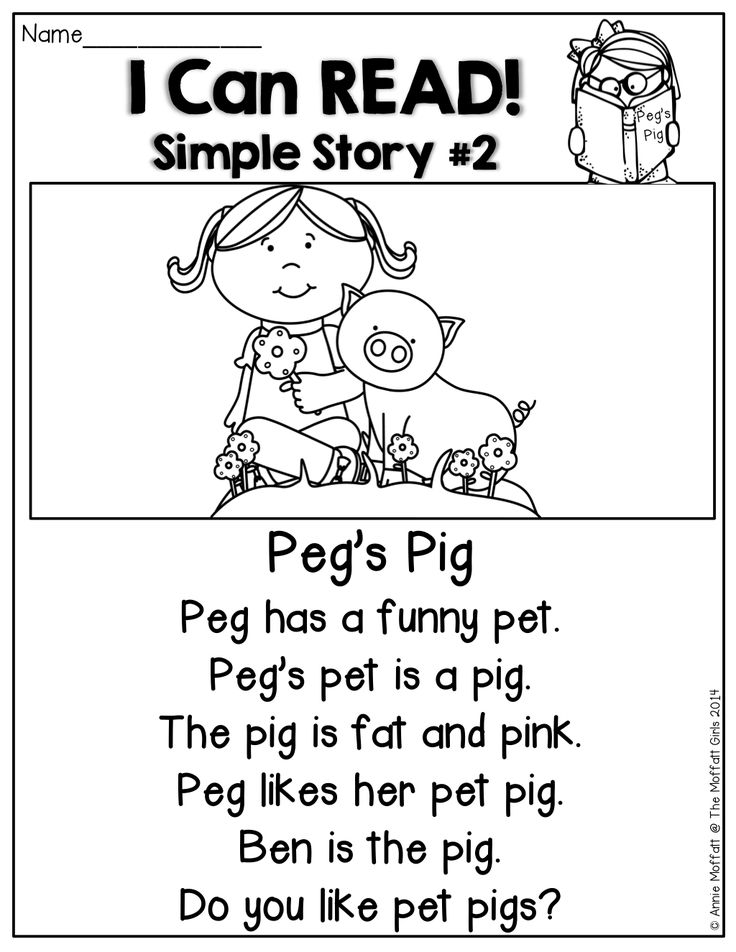 Ask to tell what interesting read.
Ask to tell what interesting read.
Have children read to younger siblings, friends, and relatives.
Purchase a board game that involves reading.
After watching a movie or cartoon, offer to read a book and compare whether the plot of the book and the plot of the film are the same. After watching a documentary about dinosaurs or travel, offer your child a book on the subject. He can only look at the pictures and not read this time, but next time he will definitely be interested. nine0003
REMINDER FOR PARENTS
* Fill your child's day with nursery rhymes, jokes, sentences.
* Introduce an obligatory ritual of reading books before each quiet hour.
* Read to children whenever possible: before dinner, after lunch, on a walk or in bad weather.
* Read to your child every evening. Children do not really want to go to bed and will be glad to have the opportunity to postpone bedtime with the help of evening reading. Over time, this will become a kind of bedtime ritual.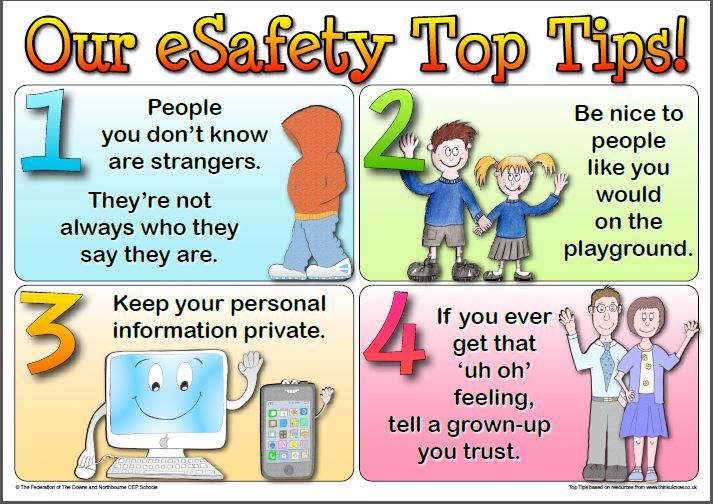 nine0003
nine0003
* If a child asks to read, never refuse him. Even if you have very little time, read at least a couple of pages a day.
* Do not be afraid to read large works to children, even if only a chapter a day. Such reading "with continuation" develops memory and attentiveness, and also maintains interest in reading. After all, the child really wants to know what will happen next with their favorite characters.
HOW TO TEACH A CHILD TO SAVE BOOKS
nine0003
* Do not read during.
* Do not fold sheets, use bookmark.
* Place the book only on a clean table.
* Do not scatter books, keep them in one place.
* To provide "first aid" to "sick" books in a timely manner.
HOW TO DISCUSS A BOOK YOU HAVE READ WITH YOUR CHILD
* Explain difficult words before or during reading. nine0003
* Ask if you liked the piece? How?
* What new, interesting did you learn?
* Ask the child to tell about the main character, event of the story, fairy tale, poem.